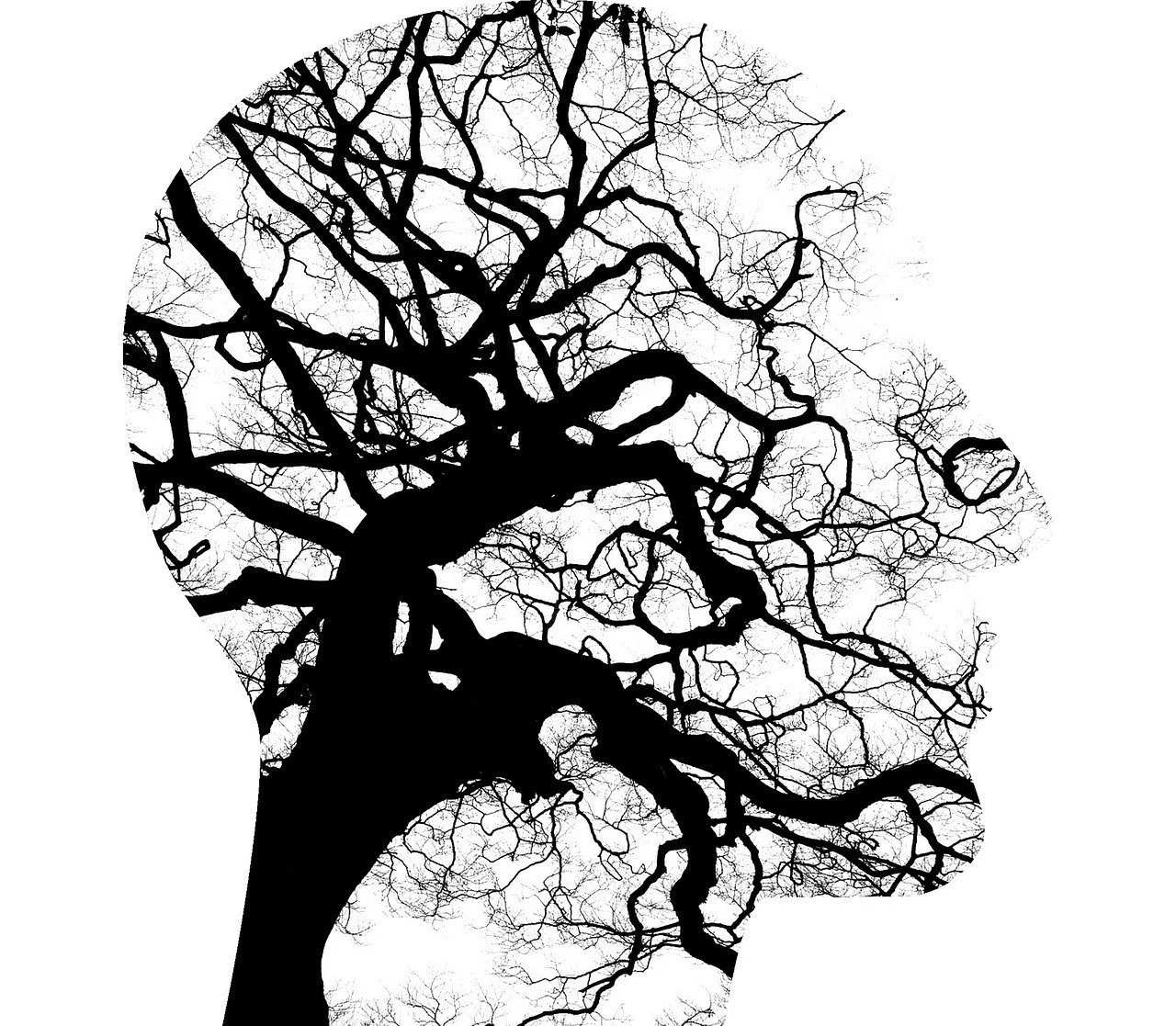
EMDR Therapy
What Is EMDR Therapy?
When we experience something traumatic, the way the brain processes the memory can get disrupted, causing it to remain more accessible and, therefore, more distressful and emotionally intense. When flashbacks occur, we feel like we are reliving the event. This vivid recollection of the memory causes our nervous system to trigger the fight-flight-freeze-fawn response to protect us.
Eye movement desensitization and reprocessing (EMDR) therapy is a technique that helps us address these troubling memories by engaging both hemispheres of the brain simultaneously. This process—known as bilateral stimulation—allows the memory that’s gotten stuck to shift into the long-term memory bank, where it is no longer as accessible.
Since psychologist Francine Shapiro initially developed this breakthrough therapy in the 1980s, EMDR therapy is now practiced worldwide and recognized as a successful treatment for Post-Traumatic Stress Disorder (PTSD), chronic pain, and other trauma and stress-related disorders.
Have any questions? Send us a message!
What EMDR Therapy Sessions Look Like
“EMDR is an eight-phase treatment method that includes history taking, client preparation, assessment, desensitization, installation, body scan, closure, and reevaluation.” In the desensitization phase, the client will focus on a target memory identified as a source of trauma or fear. While they simultaneously engage in bilateral stimulation—through eye movements, cross-lateral finger tapping, hand pulsators, or binaural sounds—both hemispheres of the brain will be activated, thus easing the way traumatic memories are stored. By mimicking R.E.M. sleep, eye movement therapy helps the memory become unstuck and get filed into the part of the brain where it no longer feels as though the client is reliving the past.
Before starting EMDR, the client and therapist will build rapport and establish trust. Throughout sessions, clients will have a dual awareness of past and present. If their body reacts as if they are reliving the memory when undergoing EMDR, the counselor will remind them that they are safe and instruct them in grounding techniques to help them stay present. By developing attunement with their client, the therapist can adjust the tempo of bilateral stimulation to ensure sessions don’t become too overwhelming.
Who Can Benefit From EMDR Therapy?
EMDR therapy can effectively treat adults of all ages who suffer from trauma related to early childhood experiences, such as bullying or physical, emotional, and sexual abuse, as well as the Post-Traumatic Stress Disorder (PTSD) associated with war veterans and first responders. Incorporating EMDR into therapy can also help address the underlying fears associated with anxiety disorders—such as panic attacks, phobias, and social anxiety—along with grief, religious trauma, and disturbing memories that cause depression.
After completing EMDR therapy, clients often report a significant reduction in unpleasant emotions such as shame, fear, sadness, and anger, in addition to decreasing the symptoms of anxiety and depression. Further, somatic symptoms associated with trauma—such as muscle tension, headaches, and stomach upset—usually recede after EMDR counseling.
With EMDR, negatively held beliefs that have impacted a client’s sense of self can shift to healthier core beliefs. Examples include “I'm not good enough" shifting to "I'm fine as I am", “I'm unlovable” shifting to “I am worthy of love”, or “I’m not safe” to “I am safe now”. Once a traumatic memory is neutralized and no longer causing distress, clients can gain a healthier perspective that fosters self-compassion and a more hopeful outlook on life.
As an evidence-based treatment commonly practiced worldwide, EMDR therapy is endorsed by mental health organizations such as The World Health Organization, The International Society for Traumatic Stress Studies, The American Psychiatric Association, and The American Psychological Association. According to the EMDR institute, 84-90 percent of single-trauma victims no longer have Post-Traumatic Stress Disorder (PTSD) after only three 90-minute therapy sessions.
Why We Love EMDR Therapy
Practice founder Christiana Bueno fell in love with EMDR therapy at a time when she was struggling with intrusive memories from the past. As she recalls, “EMDR treatment was transformative for me. Ever since, I have been passionate about providing the same healing to my clients that I experienced.” As EMDR-trained therapists, we have been helping individuals since 2016 and have extensive experience using rapid eye movement therapy. We currently use RemotEMDR, the leading platform for online EMDR therapy. Utilizing this interactive platform makes online EMDR counseling just as effective as in-person sessions.
Witnessing the positive changes our clients have made with EMDR therapy has been so rewarding. They often report that after EMDR counseling, the targeted memory feels more distant and less distressful. By diminishing the impact these traumatic memories have on their physical and mental health, clients can improve daily function and foster their resilience. Addressing deep-seated phobias allows them to overcome fears that may have sidelined them for years, such as driving or flying.
For clients who have hit a wall in traditional talk therapy and are looking for a different approach, EMDR allows the brain to tap into its natural ability to heal itself. What’s more, for those who would prefer not to verbalize the details of their trauma to their therapist, EMDR can be just as effective. As long as they can access the memory internally, they need only share what they feel comfortable disclosing.
How Combining IFS With EMDR Helps Heal Trauma
In addition to EMDR, we have found that pairing EMDR with Internal Family Systems (IFS)—also known as parts work—can be particularly effective. Both IFS and EMDR are somatically informed approaches that engage the nervous system by simultaneously working with bodily sensations, emotions, and memory. This allows trauma to be processed not only cognitively but also within the body. In instances where clients could use additional support with reprocessing a disturbing memory, IFS can help remove blocks and create space for deeper healing. We also offer longer sessions and intensives upon request.
Further, we often collaborate with other providers—such as psychiatrists, nutritionists, primary physicians, other therapists, and/or life coaches—to ensure our clients receive optimal, coordinated care.
Find Out How EMDR Therapy Can Help You
Trauma doesn’t have to negatively impact the rest of your life. If you would like to find out more about online EMDR therapy with us, please call 818-984-8212 or visit our contact page to set up a free,15-minute consultation today. For your convenience, all services are all online.






